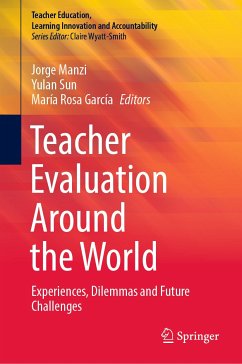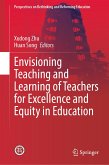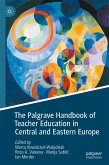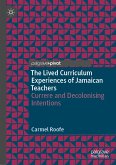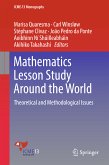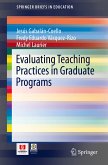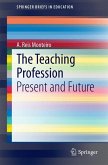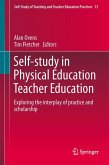This book presents some of the leading technical, professional, and political challenges associated with the development and implementation of teacher evaluation systems, along with characterizing some of these systems in different countries around the world. The book promotes a broader comprehension of the complexities associated with this kind of initiatives, which have gained relevance in the last two decades, especially in the context of policies aimed at improving the quality of education.
The first section of the book includes conceptual chapters that will detail some of the central debates around teacher evaluation, such as a) performance evaluation versus teaching effectiveness; b) tensions between formative and summative uses of evaluation; c) relationship between evaluation and teacher professionalization; and d) political tensions around teacher evaluation.
In the second section, the book addresses specific examples of national or state-wide initiatives in the field of teacher evaluation. For this section, the authors have invited contributions that reflect experiences in North America, Asia, Europe, Oceania, and Latin America. In each chapter, a teacher evaluation system is presented, including their main results and validity evidence, as well as the main challenges associated with its design and implementation.
This wide-ranging presentation of teacher evaluation systems around the world is a valuable reference to understand the diverse challenges for the implementation of teacher evaluation programs. The presence of conceptual chapters with others that illustrate how teacher evaluation has been implemented in different contexts gives the reader a comprehensive view of the complex nature of teacher evaluation, considering their technical and political underpinnings. It is a valuable source for anyone interested in the design, improvement, and implementation of teacher evaluation systems.
Dieser Download kann aus rechtlichen Gründen nur mit Rechnungsadresse in A, B, BG, CY, CZ, D, DK, EW, E, FIN, F, GR, HR, H, IRL, I, LT, L, LR, M, NL, PL, P, R, S, SLO, SK ausgeliefert werden.

